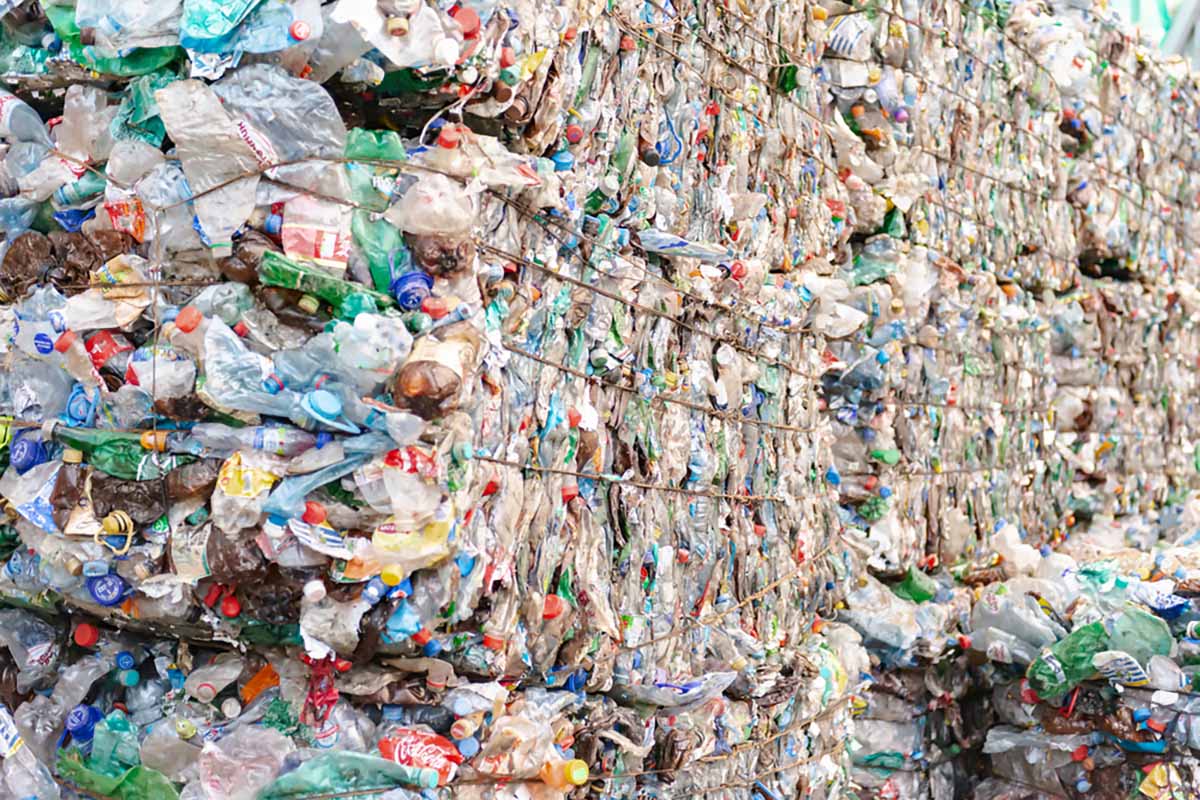
The Association of Plastic Recyclers (APR) stated its support for beverage bottle deposit laws. | Ultrasto / Shutterstock
The Association of Plastic Recyclers has published position statements on chemical recycling, the use of mass balance methodologies for post-consumer plastics, and bottle deposit programs.
The Association of Plastic Recyclers (APR) Board of Directors in May approved the three position statements, which cover topics that have taken center stage at industry events, dominated corporate press releases and fueled legislative debates.
(APR owns Resource Recycling, Inc., publisher of Plastics Recycling Update.)
Plastic-to-fuel not recycling
Regarding chemical recycling, which refers to different processes that break down plastics into chemicals that can be used to make new plastics or other products, APR’s position statement notes that “chemical recycling has the potential to expand opportunities for recycling of materials that are not recycled by mechanical processes today,” but the technologies shouldn’t result in packaging manufacturers disregarding design for recycling guidelines.
Additionally, chemical recycling should include only processes that produce new resins, and processes that result in fuels or energy should not be considered recycling, according to APR.
A related position from APR is geared toward mass balance accounting methodologies, which are used by companies to track recycled content in products when a chemical recycling process is employed.
“APR supports a mass balance and/or corporate averaging methodology for resin manufacturers that produce recycled content resin in a chemical recycling system in which materials are not segregated by material type,” according to APR’s position statement.
The statement further notes a few situations in which APR will and will not support brand owner recycled-content claims based on mass balance. The association says the recycled-content marketing claims should accurately describe the post-consumer content of a specific product line.
In other words, if a company used 100% PCR to make Product Line A but used all virgin plastic in Product Line B, APR would not support the brand owner claiming Product Lines A and B contain 50% PCR. On the other hand, APR does support the use of corporate averaging of PCR usage for sustainability reports, “whereby a company states an average PCR based on total PCR purchased across all product lines and compared to virgin resin purchases.”
Getting behind container deposits
Regarding state bottle deposit laws, APR says it supports them, including for noncarbonated beverages such as waters and juices.
“Bottle bills significantly increase the supply of high quality post-consumer plastic resources for recyclers and end users,” according to the statement. “No alternative mechanism has been identified to replace existing deposit laws that would provide a similar stream of consistent, high volume, high-quality supply as that generated by these programs. The loss of this supply would have significant consequences for the plastics recycling industry and the recycling infrastructure.”
Chemical recycling has been a hot topic in the EPA’s consideration of the U.S. recycling rate methodology, and both chemical recycling and deposit policies are points of debate as Congress considers the Break Free From Plastic Pollution Act. Additionally, recent research published by consultants bolsters the case that deposit programs produce high recovery rates and reduce litter.
Before the most recent three position statements were approved, APR already had statements on biopolymer use in bottles; degradable additives use in bottles, forms and films; landfill bans; and post-consumer recycled content.
More stories about industry groups
- Q&A: With EPR incoming, end markets are crucial
- NY legislative session ends, again without EPR
- Major plastic initiative sets sights on system change


